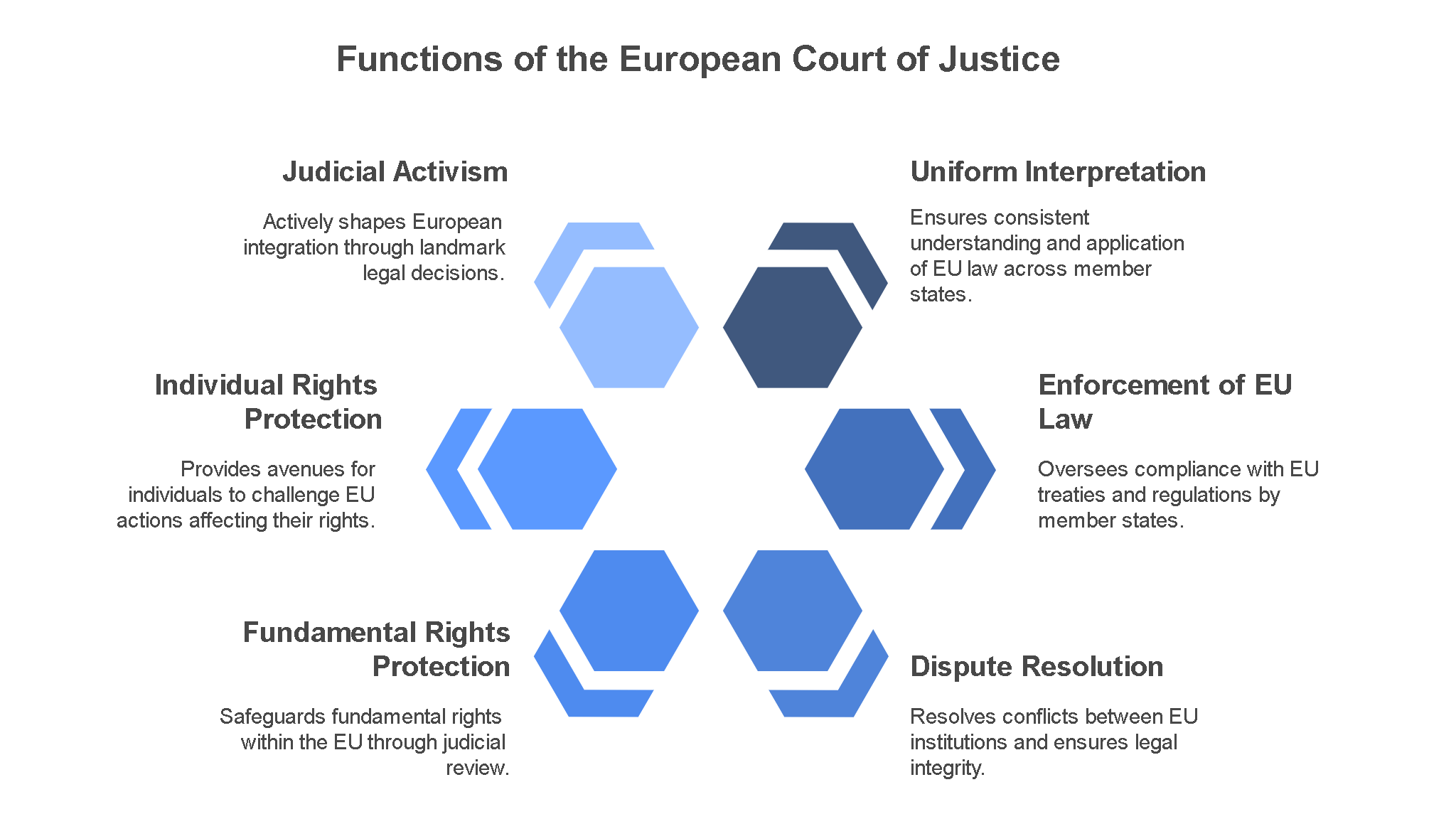The relationship between the idea of justice and the role of women in the political process is a complex and dynamic one, reflecting broader societal norms, cultural values, and power dynamics. Justice, in its various dimensions, encompasses principles of fairness, equality, and rights, which are intrinsically linked to the empowerment and participation of women in politics. This essay examines the relationship between the idea of justice and the role of women in the political process, focusing on issues of representation, participation, and empowerment.
Representation and Inclusion:
Justice entails fair representation and inclusion of diverse voices and perspectives in the political process. Historically, women have been marginalized and underrepresented in political decision-making bodies, such as legislatures, cabinets, and executive offices. Addressing this underrepresentation is essential for ensuring gender equality and justice in governance. Efforts to promote women’s representation through quotas, reservations, and affirmative action measures aim to rectify historical injustices and create a more inclusive political landscape.
Participation and Access:
Justice also entails equal opportunities and access to political participation for all members of society, regardless of gender. Women’s participation in the political process is crucial for promoting gender-sensitive policies, addressing women’s issues, and advancing gender equality agendas. However, women often face barriers to political participation, including social, cultural, and institutional obstacles such as patriarchal norms, gender stereotypes, and discriminatory practices. Ensuring equal access to political rights, resources, and opportunities is essential for promoting justice and empowering women to engage meaningfully in the political process.
Empowerment and Agency:
Justice requires empowering women to exercise agency, voice their concerns, and influence decision-making processes in the political arena. Women’s empowerment involves enabling them to assert their rights, challenge power structures, and advocate for their interests and priorities. Political empowerment initiatives, such as leadership training programs, capacity-building workshops, and mentorship opportunities, aim to equip women with the skills, knowledge, and confidence to actively participate in politics and governance. By empowering women as political actors and leaders, societies can advance justice, democracy, and social progress.
Challenges and Obstacles:
Despite progress in recent decades, women continue to face numerous challenges and obstacles in the political process. Structural barriers, including lack of access to education, financial resources, and networks, limit women’s ability to enter politics and compete on an equal footing with men. Cultural and social norms that prioritize male leadership and authority further marginalize women in politics, perpetuating gender inequalities and inhibiting their full participation and representation.
Intersectionality and Multiple Identities:
Justice in the political process must also consider the intersectionality of gender with other dimensions of identity, such as race, class, ethnicity, religion, and sexuality. Women’s experiences of injustice and marginalization are shaped by multiple intersecting identities and social categories, which influence their access to power, resources, and opportunities. Recognizing and addressing these intersecting forms of discrimination and oppression is essential for promoting inclusive and equitable political systems that uphold justice for all.
Conclusion:
In conclusion, the relationship between the idea of justice and the role of women in the political process is fundamental to building inclusive, democratic, and equitable societies. Justice requires fair representation, equal participation, and meaningful empowerment of women in politics, ensuring that their voices are heard, their rights are respected, and their interests are represented in decision-making processes. By promoting women’s political leadership, addressing structural barriers, and challenging gender norms and stereotypes, societies can advance justice and create more inclusive political systems that reflect the diversity and complexity of women’s experiences and identities.



Leave a Reply